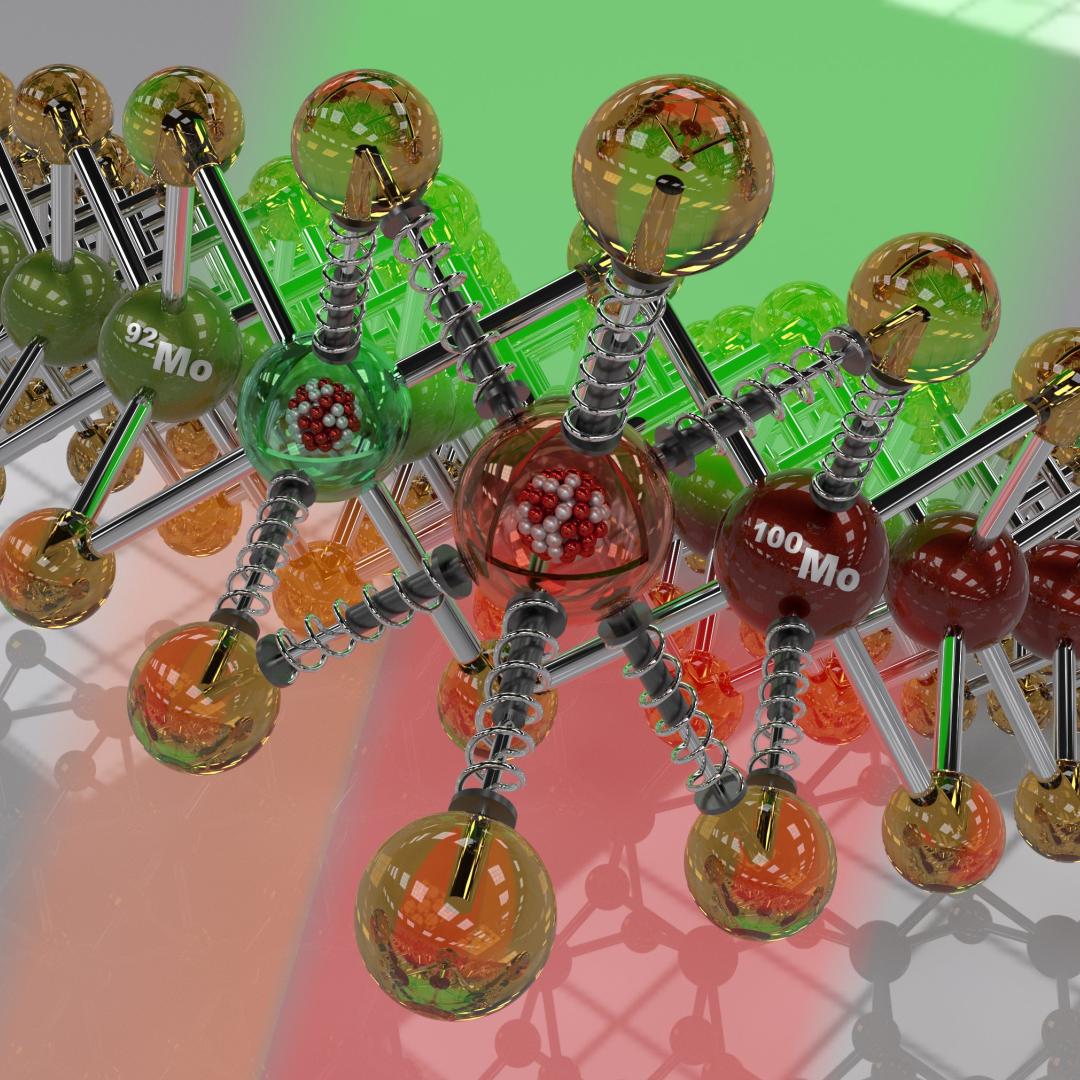Filter News
Area of Research
- (-) Biological Systems (18)
- (-) Transportation Systems (11)
- Advanced Manufacturing (34)
- Biology and Environment (177)
- Biology and Soft Matter (5)
- Building Technologies (12)
- Chemical and Engineering Materials (4)
- Chemistry and Physics at Interfaces (11)
- Clean Energy (522)
- Climate and Environmental Systems (14)
- Computational Biology (6)
- Computational Chemistry (5)
- Computational Engineering (5)
- Computer Science (19)
- Data (1)
- Earth Sciences (1)
- Electricity and Smart Grid (3)
- Energy Frontier Research Centers (14)
- Energy Sciences (5)
- Fossil Energy (3)
- Fuel Cycle Science and Technology (3)
- Functional Materials for Energy (16)
- Fusion and Fission (54)
- Fusion Energy (17)
- Geographic Information Science and Technology (3)
- Isotope Development and Production (3)
- Isotopes (35)
- Materials (432)
- Materials Characterization (2)
- Materials for Computing (36)
- Materials Synthesis from Atoms to Systems (13)
- Materials Under Extremes (12)
- Mathematics (1)
- National Security (78)
- Neutron Data Analysis and Visualization (4)
- Neutron Science (190)
- Nuclear Science and Technology (74)
- Nuclear Systems Modeling, Simulation and Validation (3)
- Nuclear Systems Technology (1)
- Quantum Condensed Matter (4)
- Quantum information Science (9)
- Reactor Technology (1)
- Renewable Energy (4)
- Sensors and Controls (5)
- Supercomputing (311)
Media Contacts
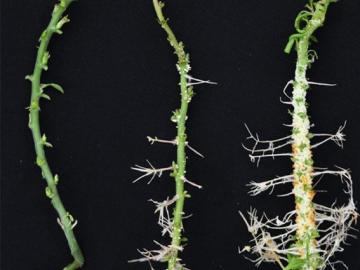
Oak Ridge National Laboratory scientists identified a gene “hotspot” in the poplar tree that triggers dramatically increased root growth. The discovery supports development of better bioenergy crops and other plants that can thrive in difficult conditions while storing more carbon belowground.
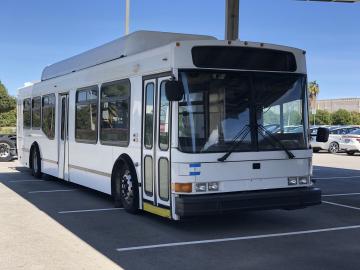
Oak Ridge National Laboratory researchers developed and demonstrated algorithm-based controls for a hybrid electric bus that yielded up to 30% energy savings compared with existing controls.
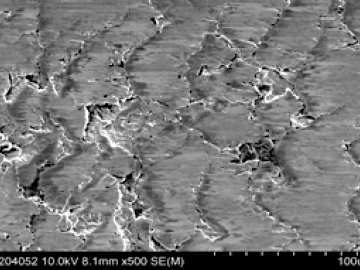
Researchers at Oak Ridge National Laboratory proved that a certain class of ionic liquids, when mixed with commercially available oils, can make gears run more efficiently with less noise and better durability.
![Coexpression_hi-res_image[1].jpg Coexpression_hi-res_image[1].jpg](/sites/default/files/styles/list_page_thumbnail/public/Coexpression_hi-res_image%5B1%5D_0.jpg?itok=OnLe-krT)
While studying the genes in poplar trees that control callus formation, scientists at Oak Ridge National Laboratory have uncovered genetic networks at the root of tumor formation in several human cancers.
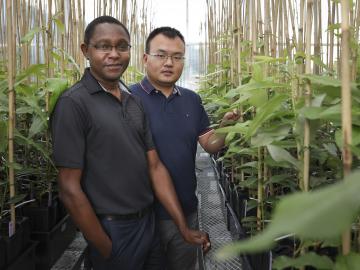
For decades, biologists have believed a key enzyme in plants had one function—produce amino acids, which are vital to plant survival and also essential to human diets. But for Wellington Muchero, Meng Xie and their colleagues, this enzyme does more than advertised. They had run a series of experiments on poplar plants that consistently revealed mutations in a structure of the life-sustaining enzyme that was not previously known to exist.
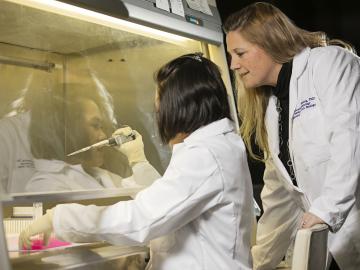
It’s common knowledge that driving aggressively can dent gas mileage, but it’s difficult to determine exactly how much gas drivers waste. A new study by researchers at the Department of Energy’s Oak Ridge National Laboratory has quantified the impact speeding and slamming on the brakes has on fuel economy and consumption. They found that aggressive behavior behind the wheel can lower gas mileage in light-duty vehicles by about 10 to 40 percent in stop-and-go traffic and roughly 15 to 30 percent at highway speeds. This can equate to losing about $0.25 to $1 per gallon.

Brian Davison, a researcher at the Department of Energy's Oak Ridge National Laboratory, has been awarded a 2017 fellowship by the Society for Industrial Microbiology and Biotechnology (SIMB).
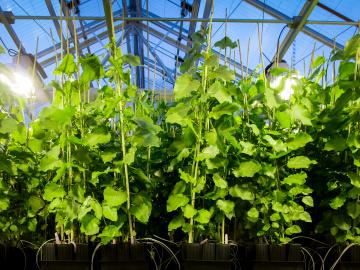
Researchers at the Department of Energy’s Oak Ridge National Laboratory (ORNL) have released the largest-ever single nucleotide polymorphism (SNP) dataset of genetic variations in poplar trees, information useful to plant scientists
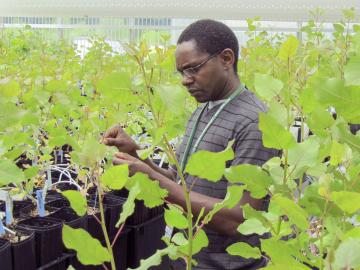
GreenWood Resources has licensed an Oak Ridge National Laboratory technology based on the discovery of a gene in poplar (Populus trichocarpa) that makes it easier to convert poplar trees into biofuels. GreenWood, a global timberland investment and asset m...



